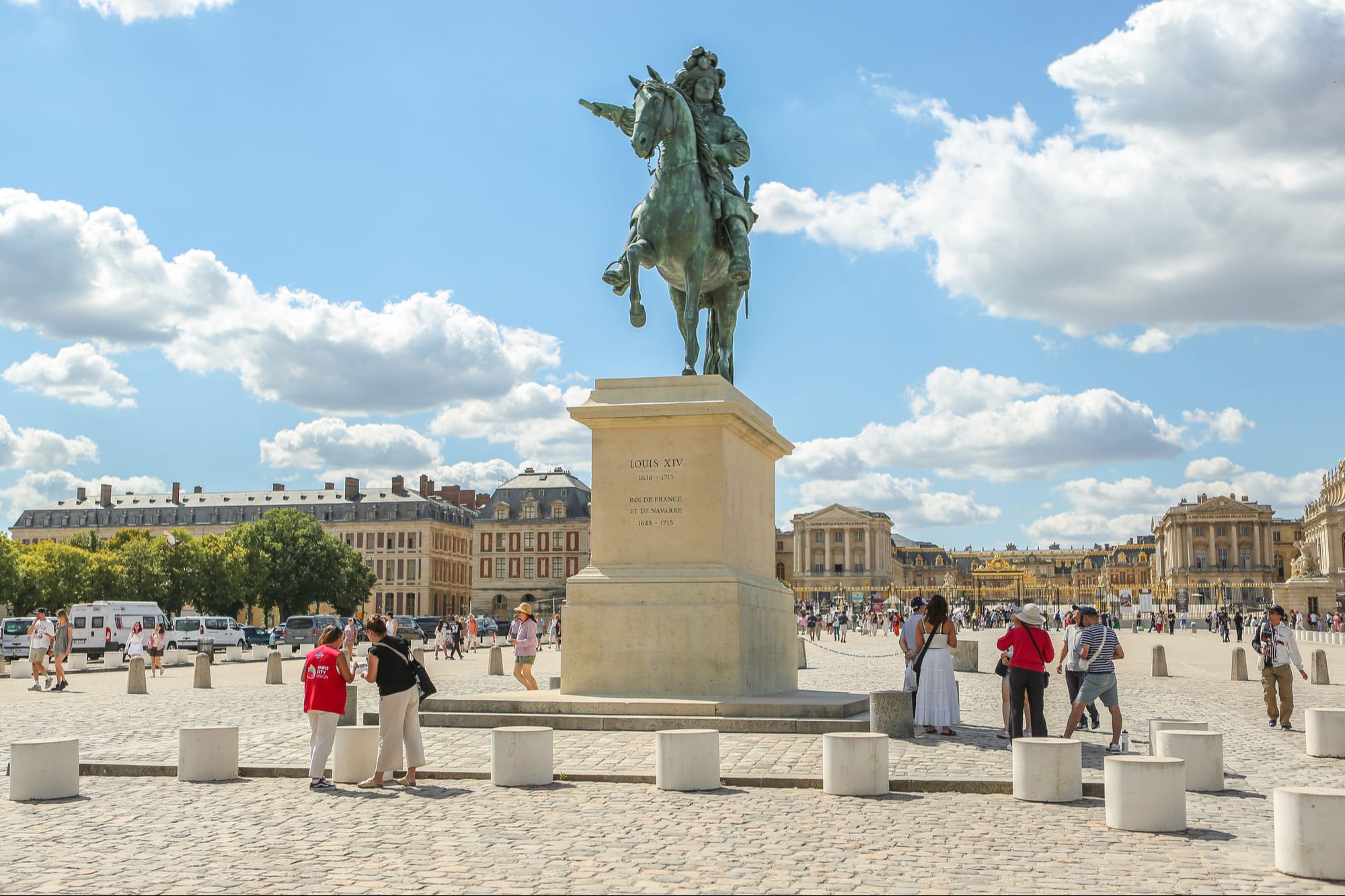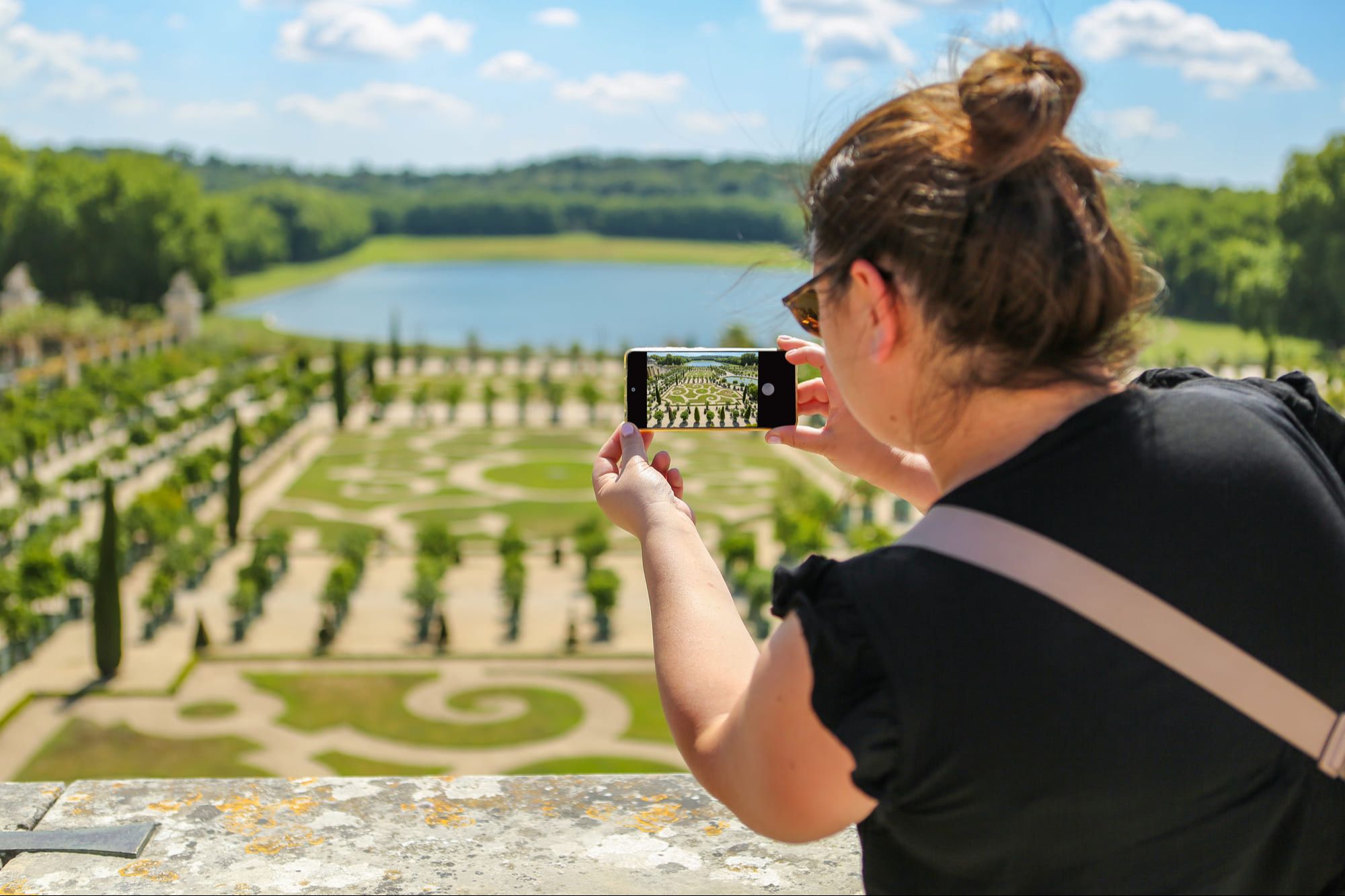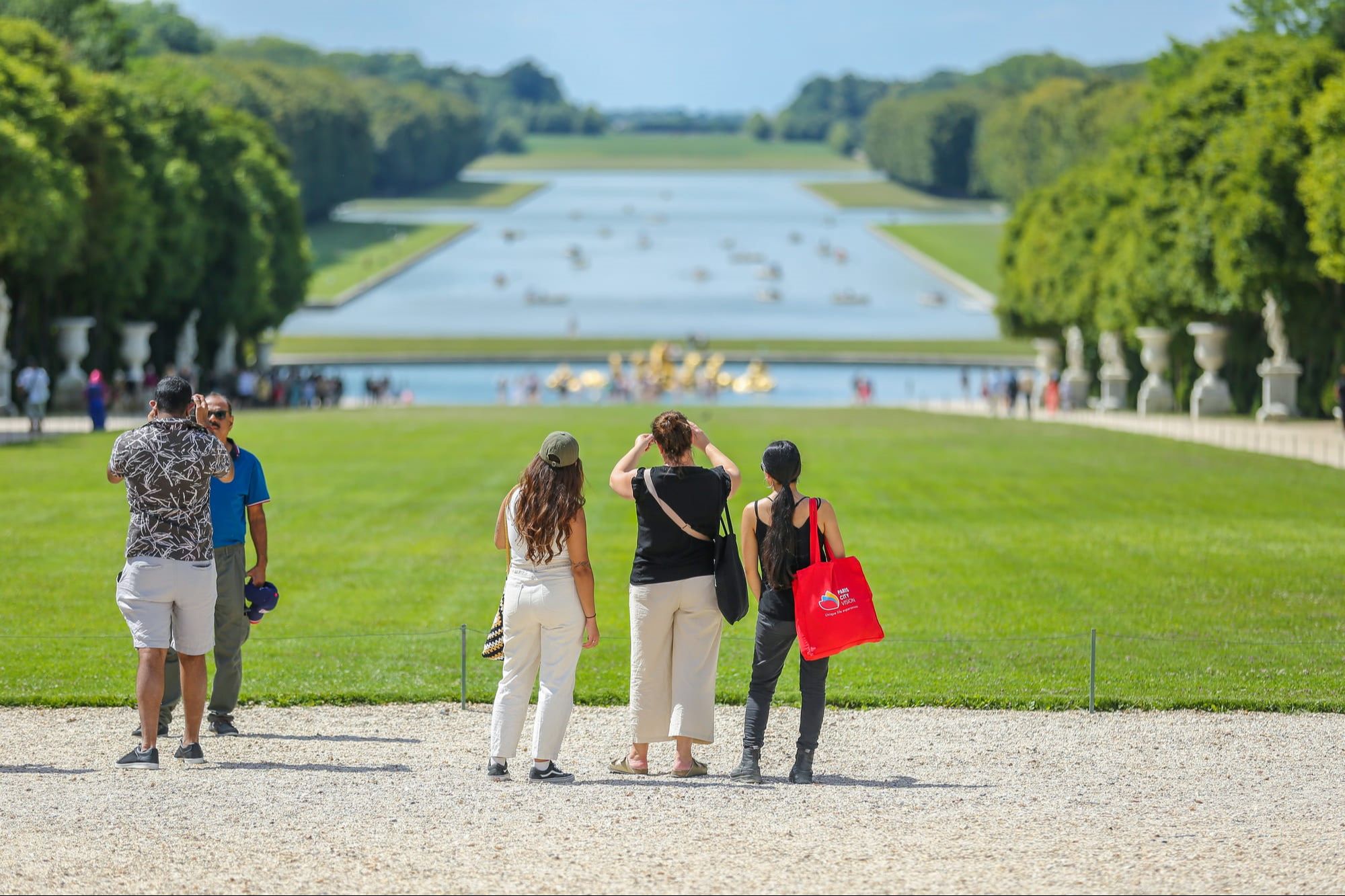The Era of Louis XIV at Versailles
Louis XIV reigned from 1661 to 1715 and his influence on the French kingdom would mark the 17th century and those that followed. The French Revolution in 1789 was a turning point in the country’s history and would highlight just how peculiar the era of Louis XIV was. Historically, politically and culturally, the years during Louis XIV’s reign were stamped with the power of a warrior King who wielded absolute power. However, it was also a time of new ideas (the Enlightenment), of Diderot and D’Alembert’s Encyclopedia and of religious conflicts at the heart of Christianity.
Louis XIV Versailles : a theater for the Absolute Monarchy

The young Louis XIV wanted total control over his kingdom and in detaching himself from the authority of his mother, Anne of Austria, was able to affirm his sovereignty. The entire kingdom of France was ruled by absolute monarchy when Louis XIV came to power and could thereby emit decrees and control his subjects’ lives in much the same way he directed his kingdom’s economy. The people of France were thus divided into three distinct parts: nobility, clergy and the peasants. Essentially a feudal system in which the first two groups were privileged and the third, poor and underprivileged, paid taxes, this societal hierarchy would not be challenged until the 18th century French Revolution.
Louis XIV and Versailles are inseparable : the palace is a theater promoting the Monarchy.
The Enlightenment: Planting the Seeds of Revolution

Although those who participated in the Enlightenment put forth philosophies that challenged the French royalty’s way of doing things, they weren’t necessarily considered to be revolutionaries. Their challenges were primarily scientific, philosophic, and social; those in power feared real danger for the absolute monarchy as it too was founded on the belief that the King and his power was granted by God. Therefore, any doubts expressed by the clergy on religion (as practiced during the 17th century) was a direct challenge and dangerous for those in power. Although Henri IV, the grandfather of Louis XIV, was behind the Edict of Nantes (1598) that helped to appease tensions between Protestants and Catholics, the former was nonetheless hunted down during the reign of Louis XIV. Versailles was already sowing the seeds of the french Revolution.
Rediscovering Antiquity
Humanist philosophy, which would contribute to the development of Protestantism, gained ground after the discovery of ancient texts from the Library in Constantinople. Versions of founding texts on Western philosophy written in ancient Greek provided understanding for the various interpretations made over the centuries regarding sacred writings. During the time of Louis XIV, Protestantism sought a more modest religion with less sumptuous rituals and with a Bible whose texts were pared down. In this manner, the wealth of the clergy was not at all compatible with Humanist thought.
However, this rediscovery of Ancient Greece was not rejected by the royalty. To the contrary, it would have significant influence on artistic creation and is the reason for which sculptures at the Chateau de Versailles are inspired by Greek mythology. In literary works it was common to represent Louis XIV as Hercules in order to compare him to a powerful character and in architecture, the use of the ionic column on the facades of the Chateau de Versailles and even the interior decoration of the Saint-Louis Cathedral show a veritable resurgence of ancient art.

The era of Louis XIV in Versailles is not at all a reflection of the harmony seen at the Palace but rather of the inconsistencies prevalent during the Baroque movement. While at its height, scientific advances and philosophical works began to challenge the monarchy and plant the seeds of revolution that Louis XVI and Marie-Antoinette would be a part of.
You'll be able to understand this area better during a guided tour at the Versailles castle with PARISCityVISION.


